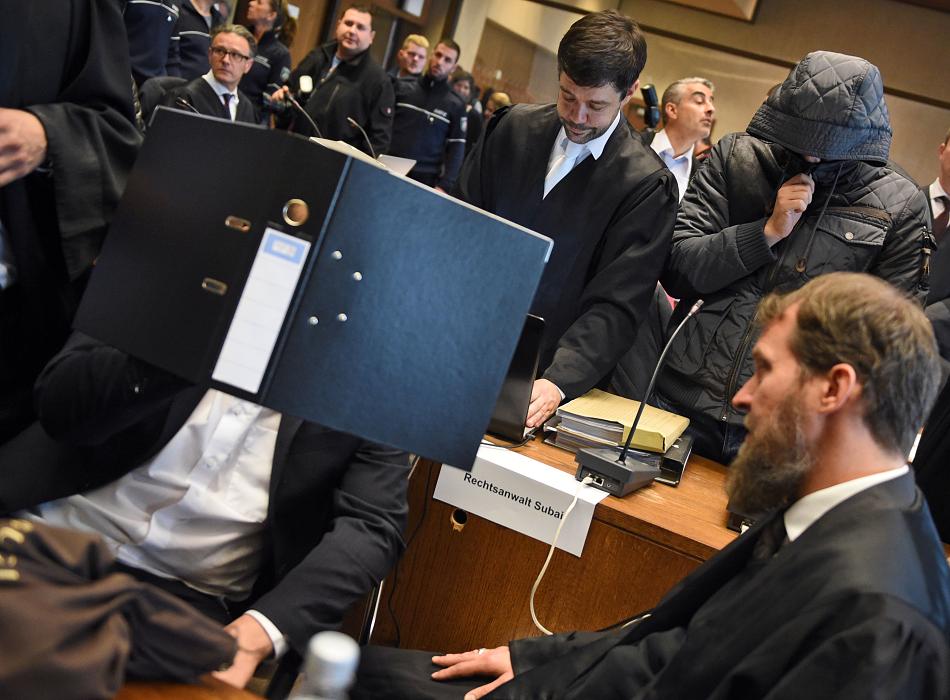
Over the last few weeks, German media has reported a disturbing increase in petty looting by ISIS supporters in Europe. The incident serves as a reminder that small-scale antiquities trafficking persists in the shadow of major plundering committed by insurgents.
Eight young men appeared in a Cologne court last week to face burglary charges for breaking into local churches and schools, the Local reported.
Prosecutors claimed the gang stole objects “dedicated to church services and religious veneration,” such as collection boxes, crosses, and other objects. According to Conflict Antiquities, wine goblets and chandeliers were also taken.
Cologne is home to one of Germany’s most magnificent cathedrals.
Photo: via Wikimedia Commons
The gang was also accused of lifting laptops and money from schools. A stolen cash card was reportedly used to buy gold jewelry from a local shop with the aim of reselling it afterwards. The men caused serious damage to property in several instances.
The men allegedly stole a total of €19,000 ($20,824) worth of items in a series of burglaries committed between 2011 and 2014, which, according to chief prosecutor Nadja Gudermann, were sold to support jihadist insurgents in the Syrian civil war.
Prosecutors allege the gang has been funding Syrian jihadists with the proceeds of the burglaries.
Photo: via Buzzfeed
The ringleader of the gang, a 26-year-old Moroccan man, is said to have traveled to Syria to receive paramilitary training. The man is also known to have encouraged participation in the Islamic State in a series of YouTube videos.
It is unknown whether the money was sent directly to extremist insurgents in Syria or whether it was spent on inciting violence or financing other operations.
In the neighboring city of Düsseldorf, a similar trial is underway against three men also accused of funding a jihadist organization.
The news comes amid rising violence and cultural destruction in Syria, as demonstrated by the execution of three people through the destruction of ancient columns in the ancient Syrian city of Palmyra.